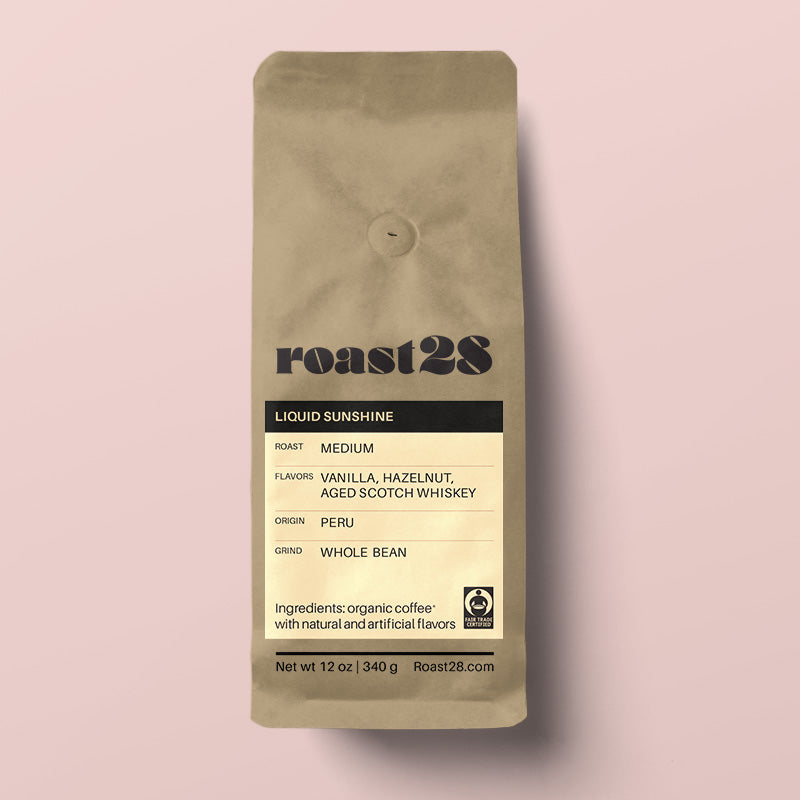Last updated: August 15, 2025
Coffee farmers face significant challenges that should be understood when supporting ethical coffee production. Additionally, volatile market prices often leave farmers financially vulnerable, struggling to cover production costs. Moreover, issues like pests, diseases, and labor shortages further exacerbate the difficulties faced by coffee growers worldwide.

Labor history of coffee farmers
Decades ago, countries like Brazil depended on slave and immigrant labor for coffee picking. In other nations, wealthier farmers expropriated land from workers, compelling them to toil on their former properties for wages. In places like Costa Rica, typified by small family-owned farms, farmers frequently collaborated by assisting in each other's harvests as a form of mutual support.

Manual picking guarantees quality coffee
Given the uneven ripening of coffee, manual picking remains the sole method to guarantee the selection of only ripe fruit. Expertise in determining the ideal moment to harvest ripe cherries develops over years of practice. Many farms, situated in rugged terrain or elevated areas, cannot mechanize due to climatic unpredictability.

Well-trained pickers provide quality control
The rugged terrain of farms results in multiple harvest zones within a single farm and heightened complexity in picking operations. For specialty coffee producers, farm workers are indispensable for ensuring the harvest of premium coffee, which significantly influences the value of each lot. Experienced and well-trained pickers are the initial quality control within the supply chain.

Lack of legal protection
Contracts provide stability and predictability, allowing farmworkers to plan their livelihoods and make informed decisions about their futures. Without contracts, coffee farmworkers do not have clear terms of employment that ensure fair treatment, including proper wages and working conditions. Farmworkers do not have legal protection against exploitation and arbitrary changes to their employment terms without contracts in place.

Living below minimum wage
Adequate compensation enables them to afford necessities such as food, shelter, and healthcare, contributing to their overall well-being and dignity. However, many coffee farm workers make less than the minimum wage established by their countries. Moreover, fair wages recognize the labor-intensive nature of coffee farming and the invaluable role these workers play in the global coffee supply chain.

The danger of meeting quotas
The majority of coffee pickers earn wages based on the volume of cherries harvested each day, often leading to extended working hours until a certain quota is met. This pressure to meet quotas can compel workers to harvest unripe or unsuitable beans, compromising the overall quality of the coffee lot, which can negatively impact producers. Furthermore, the demanding nature of coffee picking (combined with prolonged exposure to sunlight) poses risks of exhaustion, skin cancer, muscle strain, and sprain. These challenges are exacerbated by the absence of protective gear and cutting tools, contributing to high levels of stress among workers.

Buy socially responsible coffee
Fair Trade certification safeguards coffee farmers by ensuring they receive fair wages for their labor, promoting equitable trading relationships in the coffee industry. This certification also fosters environmental sustainability practices, which contribute to the long-term viability of coffee farming communities. Fair Trade invests in community development projects, education, and healthcare initiatives. By purchasing Roast28 Fair Trade coffee, farmers are empowered to improve their living conditions.




